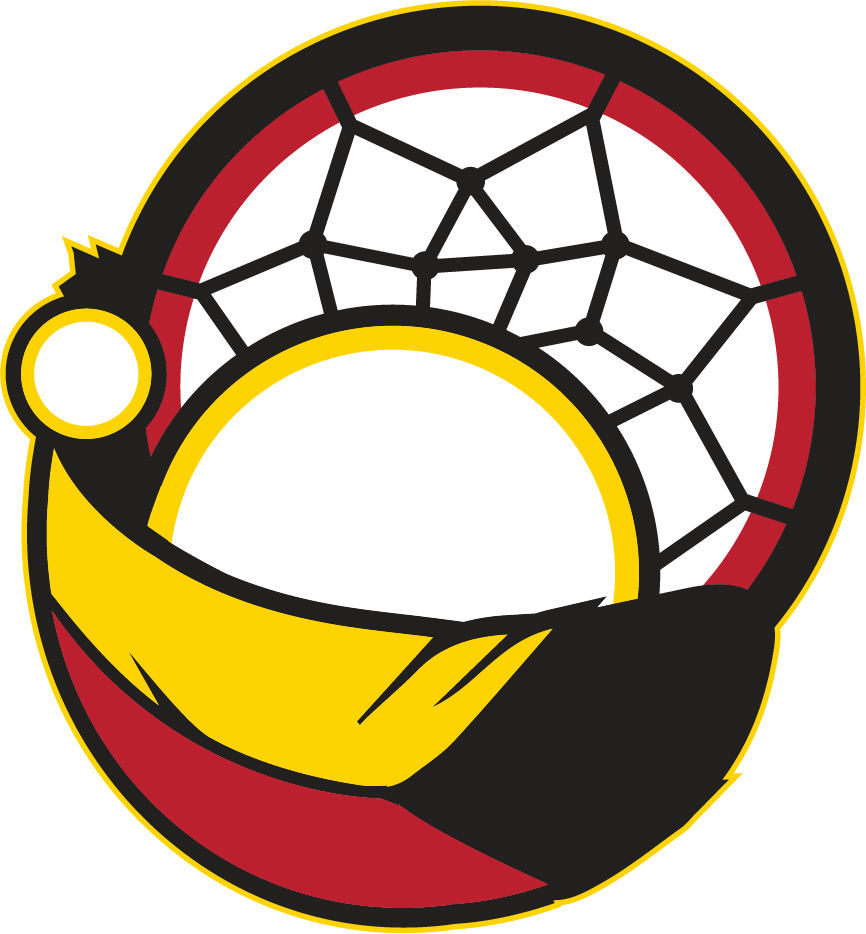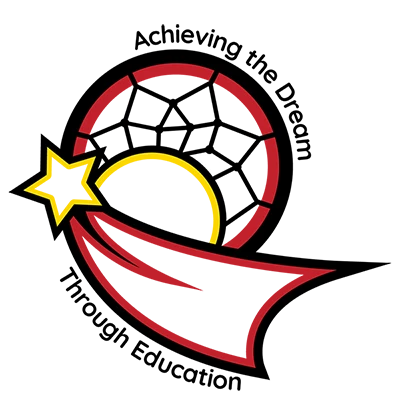Matawa Education

Matawa Education supports and advises community schools and Education Authorities across the Matawa First Nations, helping improve school operations and student learning outcomes.
The department liaises with Indigenous organizations, governments, and education institutions, providing services such as IT support through the Pathways to Achieve Student Success program and administering post-secondary student support for Aroland, Ginoogaming, Long Lake #58, Neskantaga, and Webequie First Nations.
Matawa Education also offers community liaison services, bursaries, and professional development opportunities through the Education Partnership Program and the annual Matawa Education Conference.
In partnership with the Matawa Education Authority, Matawa Education operates the Matawa Education and Care Centre (MECC) in Thunder Bay, a Ministry-approved alternative secondary school and accommodation facility for Matawa First Nation students.
Apply for the Matawa Post-Secondary Program
The Matawa Post-Secondary Program provides financial assistance and student support to Matawa members from Aroland, Ginoogaming, Long Lake #58, Neskantaga, and Webequie First Nations who are attending college or university.
How to Apply
-
Apply Online or
-
Print and Submit your application to the Matawa Post-Secondary office by:
-
Fax: 807-768-3301
Need Help?
-
Call 807-768-3300 or toll-free 1-888-283-9747
-
Visit the Matawa Education website for details
Apply for the Matawa Student Care Centre
The Matawa Student Care Centre is a 100-bed residence offering safe, clean, and culturally supportive housing for Matawa students aged 13–17 studying in Thunder Bay.
How to Apply
Applications are accepted year-round.
Need Help?
-
Call 807-768-3300 or toll-free 1-888-283-9747
 Founded in 2018, Achieving the Dream Through Education is a registered charitable organization supporting youth and children from the Matawa First Nations. The organization works to preserve cultural traditions through land-based and culturally connected programming, and provides mental health support and resources to help address challenges and barriers Indigenous youth face while promoting overall well-being. The organization also provides opportunities to support Indigenous youth embarking on their educational journey through scholarships, bursaries, and awards.
Founded in 2018, Achieving the Dream Through Education is a registered charitable organization supporting youth and children from the Matawa First Nations. The organization works to preserve cultural traditions through land-based and culturally connected programming, and provides mental health support and resources to help address challenges and barriers Indigenous youth face while promoting overall well-being. The organization also provides opportunities to support Indigenous youth embarking on their educational journey through scholarships, bursaries, and awards.
To learn more, please visit achievingthedream.ca. If you would like to donate to Achieving the Dream Through Education, please click the button below.
Between 2000 and 2011, seven youth from remote First Nations in northwestern Ontario died while attending high school in Thunder Bay. One of those students was Jordan Wabasse, a Matawa Learning Centre student from Webequie First Nation who was only 15 years-old when he passed away. Ontario’s Office of the Chief Coroner conducted an inquest into the deaths beginning October 5, 2015, to determine why these youth died and what can be done to prevent similar deaths. The Inquest resulted in 145 jury recommendations, 24 of which were directed to the Matawa Learning Centre (now the Matawa Education and Care Centre).
In response to the Seven Youth Inquest, and to honour Jordan’s legacy, the Matawa Education department being has established:
- Jordan Wabasse Memorial Awards
- Matawa Student Care Centre
- Safe Sobering Site for all Matawa students living in Thunder Bay
- Matawa Education and Care Centre which includes:
- General purpose classrooms
- Skilled trades workshop
- Science lab
- Learning kitchen
- Art classroom
- Elder’s room and kitchen
- Mental health and counselling rooms
- Cultural workshop
- Fitness centre
- Increased educational opportunities for Matawa students through:
- Outdoor/co-operative education
- Distance education
- Tutoring for all Matawa students in Thunder Bay
- Increased programming and services for Matawa students such as:
- On-call services
- Elder’s program
- Cultural program
- Mental health programs and services
- Guidance counselling
- Student support
- Youth inquest officer
Pursuant to the Office of the Chief Coroner’s recommendations, an Annual Report is published on the follow-up to the jury’s recommendations: click here for Matawa Education’s seventh Annual Report.
The Jordan Wabasse Memorial Awards were created in the 2017/2018 academic year to honour the late Jordan Wabasse, a student from Webequie First Nation who attended the Matawa Learning Centre. Jordan was a dedicated hockey player and hunter whose life was tragically cut short in 2011. His passing, along with six other tragedies involving First Nations youth in Thunder Bay, led to the Seven Youth Inquest, which issued 124 jury recommendations aimed at improving education and safety for students from remote communities. Twenty-four of those recommendations were directed to the Matawa Learning Centre (now the Matawa Education and Care Centre), including the establishment of this special memorial award in Jordan’s name. To date, over $24,000 has been distributed to Matawa graduates in memory of Jordan Wabasse.
Graduating students from Matawa First Nations who enjoy being out on the land or playing sports, just as Jordan did, are encouraged to apply even if they’re not in a formal athletics or outdoor education program.
For eligibility criteria, more information, or to apply, please contact Stephanie Ritch, Youth Inquest Manager, at 807-630-5396 or sritch@matawaeducation.ca.
Each year there are several Bowmanville Rotary Club bursaries available to Matawa First Nation students attending elementary, secondary, post-secondary, training, apprenticeship or trades programs. Interested applicants must complete a bursary application form and attach required documentation.
For more information please contact Matawa Education at 1-888-283-9747 (toll-free) or 807-768-3300.
The Matawa Chiefs established the Matawa Education and Care Centre (formerly Matawa Learning Centre) in 2010 to support youth falling through learning gaps. In 2016, a feasibility study expanded the vision to include both education and care services. While exploring options for a facility, the closure of Grandview Lodge, a long-term care home in Thunder Bay, created an opportunity. In January 2018, the City of Thunder Bay recognized the importance of this project and sold the building to Matawa First Nations Management.
Since then, the Matawa Education and Care Centre has developed a holistic education plan grounded in research and community input from students, parents, Education Authorities, and Matawa leadership. The model integrates mental, physical, emotional, and spiritual well-being, offering mental health services, recreation, trades, land-based and distance learning, co-operative education, and cultural programming. Delivered through an extended 11-hour school day, the program is designed to adapt to the unique needs of each student.
The Matawa Post-Secondary program provides support and financial assistance to Matawa post-secondary students from Aroland, Ginoogaming, Long Lake #58, Neskantaga and Webequie First Nations. Applications can be filled out online, or printed and submitted to the Matawa Post-Secondary office.
Please note: All students (first-year and continuing) are required to submit a new application each term.
Deadlines for applications:
- May 15 for Fall term (September to December)
- May 15 for Fall/Winter terms (September to April)
- November 1 for Winter Term (January to April)
- March 31 for Spring/Summer terms (May to August)
For assistance, please contact Matawa Post-Secondary staff at 807-768-3300 or toll-free at1-888-283-9747. To learn more about Matawa Post-Secondary please visit Matawa Education’s website.
In 2012, Johnny Yellowhead, former Chief of Nibinamik First Nation, visited New Zealand where he learned about innovative language initiatives using accelerated learning techniques. Upon his return, he shared this knowledge with Matawa leadership, leading a collaboration with the method’s founder, Dr. Rongo H. Wetere, and his team of specialists. Their expertise helped inspire the development of a Matawa-based approach to language renewal and revitalization.
For Matawa First Nations, this work is urgent. Many of the nine communities are small and remote, with only a few fluent Elders left to pass on the languages. Differences in dialects and writing systems add to the challenge, and without action, much of this knowledge could be lost within the next decade.
Recognizing this, the Matawa Chiefs in Assembly passed Resolution #11-30-07-15: Language as a Nation Building Tool, committing to the renewal of Ojibway, Oji-Cree, and Cree across the region. In 2017–2018, federal funding through the New Paths for Education program provided vital support for these efforts, allowing Matawa to strengthen language and culture initiatives in the communities and continue working with Dr. Wetere’s team.
This partnership led to the creation of Matawa Waka Tere, meaning “the meeting of the rivers on a fast-moving canoe.” The program uses Dr. Wetere’s accelerated learning techniques to help second-language learners gain fluency more quickly, while also equipping Indigenous Language Specialists, Tutors, and Tutor Assistants with practical tools to better support their learners.
Beyond teaching language, Matawa Waka Tere is designed to build community strength, pride, and connection. Inspired by results seen elsewhere, Matawa envisions a future where language revitalization not only preserves Ojibway, Oji-Cree, and Cree, but also fosters stronger relationships within communities and with local service providers.
For more information about the Matawa Waka Tere Indigenous Language Revitalization program please visit matawaeducation.ca. You can also call 807-768-3300 or email mwtadmin@matawaeducation.ca.
Services
200 Lillie St N

